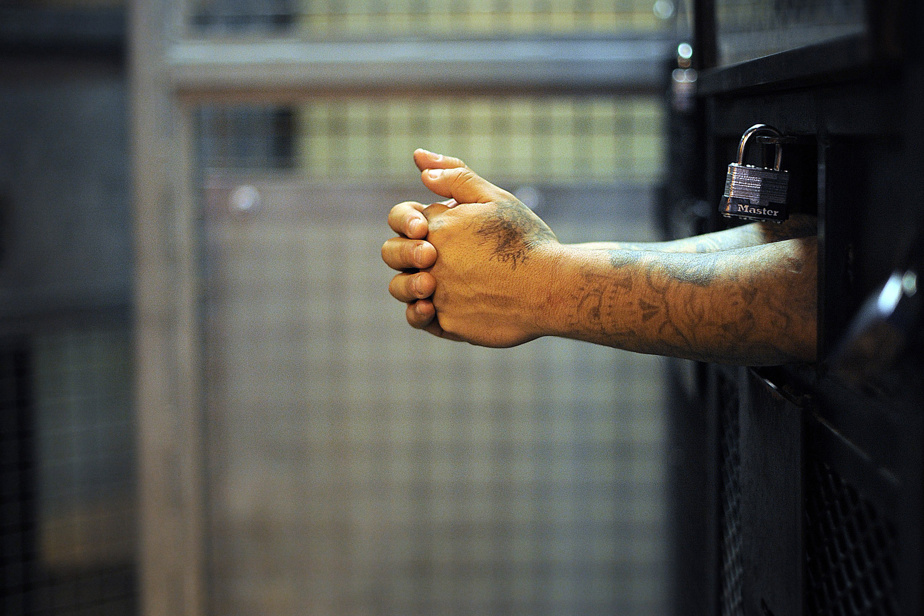
Massachusetts elected officials have proposed a controversial bill that would allow inmates to commute prison sentences in exchange for organ or spinal cord donation.
The initiative is prompting an outcry from ethicists and legal experts, who wonder about the possibility of incarcerated people making a free and informed choice in the matter in such a coercive environment.
“Prison is hell. “Prisoners are subject to severe restrictions on their rights and are likely to do things that shorten their time behind bars that they might not otherwise consider,” warns New York University-affiliated ethicist Brendan Parent.
Austin Sarath, professor of law and political science at Amherst College in Massachusetts, offers a similar warning.
“Prisons are not normal environments. The behavior of prisoners is constantly monitored. The concept of consent in this context is much more complex than it is for you and me,” notes the researcher.
The idea of reducing the sentence may also violate the federal law on organ donation, which prohibits any reward, including “non-monetary” form, to avoid the risk of human trafficking.
In its current form, Bill HD.3822 allows inmates who agree to participate in the program to receive a reduced sentence of 60 to 365 days.
A special committee combining representatives of the prison environment, prisoners and health professionals is responsible for determining the eligibility criteria and the reduction to be given depending on the nature of the donation.
The bill, which could be amended in response to criticism of the initiative, specifies that no commissions or payments be made for correctional services.
“Restore Body Autonomy”
Judith Garcia, one of the people behind the initiative, did not respond to interview requests. PresHe explained in a tweet in late January that there is currently no way for an inmate who wants to help a loved one waiting for a transplant.
The new law, he said, would “restore bodily autonomy to prisoners” while helping reduce the state’s organ donation waiting list.
The elected official noted that this contribution is especially important for patients of African-American or Latino descent, who wait on average longer than whites to receive a donation. After all, he says, these minority groups are particularly vulnerable to the problems of over-incarceration.
Many internet users have said that Mr.me Garcia called the bill “disgusting” and an unacceptable affront to “human dignity.”
Carlos Gonzalez, another elected official who supports the initiative, noted that he was inspired by the situation of a friend, a father of three who is waiting for a kidney donation.
He told Boston.com that expanding the potential donor pool would increase the chance that minorities waiting for an organ would receive the critical care they need.
“good idea”
Brendan Parent said the legislators appeared to be “well-meaning” but apparently did not carefully consider the ethical issues raised by their proposal.
Their bill, Mr. Parents believe this is because prisoners generally do not receive quality health care and are unlikely to be adequately cared for during organ transplants, delicate surgeries, etc.
It’s not the first time a US state has attempted such a scenario, after South Carolina read a similar bill in 2007, which was never ratified.
As Austin Sarath points out, a handful of US states allow inmates to mark their desire to donate their organs after death.
This is particularly true of Utah and Texas, he says, which expressly prohibit any compensation for such a decision, including “preferential treatment” from prison officials.
A majority of states, however, do not allow any organ donation from prisoners, Mr. Sarath notes that he is pleased to note that Massachusetts’ elected officials have recently indicated their intent to revise the bill to remove ethically “hazardous” elements. . It contains
Eliminating the possibility of a sentence reduction, if it works, we should not forget the problems caused by the poor health care provided to prisoners, adds the analyst, who doubts the draft law’s chances of being passed in the end.





